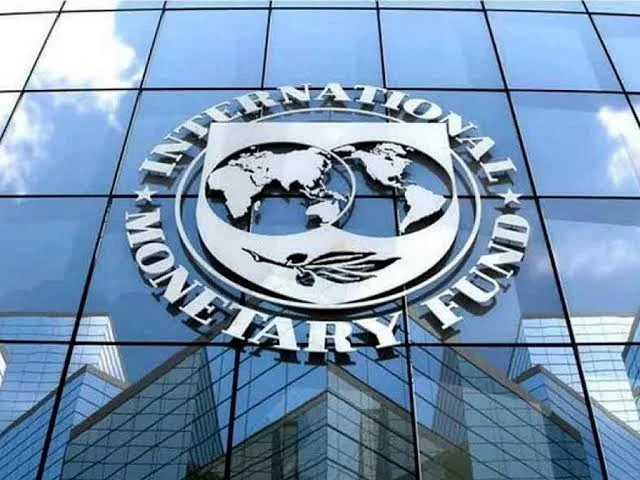On March 29, 2022, the International Monetary Fund (IMF) warned that rising shipping costs, worsened by the Russia-Ukraine war, could increase inflation in Ghana and other nations worldwide. The IMF highlighted that the cost of shipping a container on global transoceanic trade routes had surged seven-fold in the 18 months following March 2020, significantly impacting global economies.
Impact of the Russia-Ukraine War
In its report titled “How Soaring Shipping Costs Raise Prices Around the World,” the IMF noted that the ongoing conflict in Ukraine, which began in February 2022, is likely to exacerbate global inflation. The war has disrupted supply chains, particularly for commodities like wheat and energy, for which Russia and Ukraine are major suppliers. This disruption has driven up shipping costs, adding pressure to already strained global trade networks.
Pandemic-Driven Supply Chain Challenges
The IMF explained that the COVID-19 pandemic underscored the critical role of maritime trade, which handles over 80% of the world’s traded goods, mostly in 40-foot containers. From Shanghai to Rotterdam to Los Angeles, the pandemic caused supply chain chaos: ports faced labor shortages, truck drivers and ship crews were restricted by public health measures, and pent-up demand from stimulus programs overwhelmed supply chain capacities. These challenges led to delays and a seven-fold increase in container shipping costs, with bulk commodity shipping costs rising even higher.
Inflationary Impact and Persistence
The IMF’s analysis, based on data from 143 countries over 30 years, found that doubling freight rates typically increases inflation by about 0.7 percentage points. The report projected that the 2021 surge in shipping costs could raise global inflation by approximately 1.5 percentage points in 2022. These effects are persistent, peaking after a year and lasting up to 18 months, posing challenges for central banks, including the Bank of Ghana, as they navigate monetary policy.
Vulnerability of Import-Dependent Nations
The IMF emphasized that countries like Ghana, which rely heavily on imports, are particularly vulnerable to inflation driven by shipping costs. Landlocked nations, low-income countries, island states, and those deeply integrated into global supply chains face similar risks. In Ghana, where inflation reached 13.9% and the cedi depreciated by 14% in early 2022, rising shipping costs compound economic pressures, increasing the cost of imported goods and affecting consumers.
Broader Economic Context
The IMF’s warning comes amid Ghana’s economic challenges, including rising fuel and food prices, partly due to global disruptions from the Russia-Ukraine war. The conflict has driven up prices for wheat and energy, critical imports for Ghana, further straining household budgets. The IMF noted that while shipping costs contribute less to inflation than fuel or food, their volatility significantly impacts price variations, challenging economic stability in 2022.






